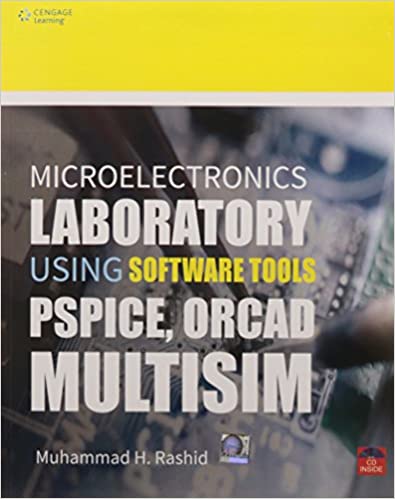Microelectronics Laboratory using Software Tools: Pspice, Orcad, Multisim w/CD
Availability :
In Stock
₹ 599.25
M.R.P.:₹ 799
You
Save: ₹199.75 (25.00% OFF)
(Inclusive
of all taxes)
Delivery:
₹ 0.00 Delivery charge
Author:
Rashid
Publisher:
Cengage Learning Pvt. Ltd
Edition:
Thu Nov 17 2016 00:00:00 GMT+0000 (Coordinated Universal Time)
ISBN-13:
9788131529584
Publishing Year:
Thu Nov 17 2016 00:00:00 GMT+0000 (Coordinated Universal Time)
No. of Pages:
320
Weight:
580 g
Language:
Unknown
Book Binding:
Paperback











